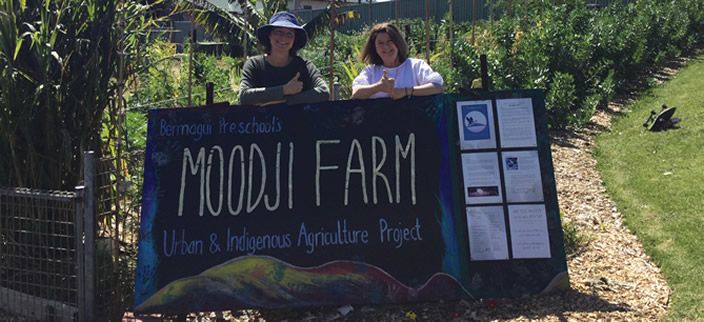
By undertaking negotiations as a collective and working hard, a group of preschool teacher/directors on the NSW south coast have won themselves pay parity with public school teachers.
The Far South Coast Collective Teachers Agreement covers Tathra, Beramagui, Pambula, Bega and Cobargo Preschools.
Despite being run by separate management committees, all the preschools have been covered by a single enterprise agreement since 2010. Recent negotiations saw them achieve a 3% salary increase and improved allowance and personal leave provisions over 2020-2022.
IEU Organiser Tina Smith said the south coast cluster provides a model that preschools around NSW could emulate.
“By becoming a collective these individual preschools have given themselves extra bargaining power and achieved an improved enterprise agreement,” Tina said.
The south coast cluster was formed in 2011. The group’s teacher/directors provide each other with professional and social support as well as industrial strength.
Tathra Preschool Director Jane Courtney said payparity has been made possible with the support of the IEU and the partnership between the preschools and management committees.
Pambula Preschool Director Lynn Bray said “a huge amount of thanks must go to the founding teachers who put in many years of hard work and advocacy for which many teachers on the far south coast will benefit. Thank you all, and many thanks to the IEU for your support and backing”.


































































































































